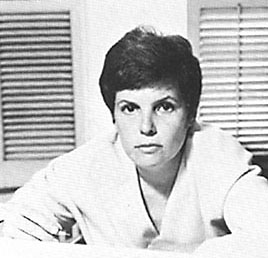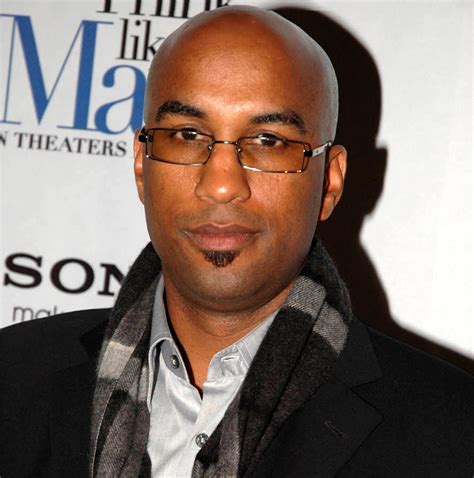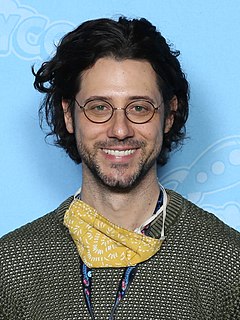A Quote by Jodi Picoult
If you want to know someone's story, they have to tell it aloud. But every time, the telling is a little but different. It's new, even to me.
Related Quotes
The thing about acting is even if you get technically more skilled at what you do, every time you begin a film or a play you're terrified. You don't know if you're going to pull it off. Every film and every story has its own set of challenges. I've never felt like, oh yeah, that's it, nailed it! You can never sit and rest. That's why it's such an exciting job. It's beginning again every time you begin again. New story, new character, new place, new time, new director. It's like moving to a different planet and trying to figure out how to live there.
Every story is flawed, every story is subject to change. Even after it is set down to print, between covers of a book, a story is not immune to alteration. People can go on telling it in their own way, remembering it the way they want. And in each telling the ending may change, or even the beginning. Inevitably, in some cases it will be worse, and in others it just might be better. A story, after all, does not only belong to the one who is telling it. It belongs, in equal measure, to the one who is listening.
It thought about the magic that happens when you tell a story right, and everybody who hears it not only loves the story, but they love you a little bit, too, for telling it so well. Like I love Ms. Washington, in spite of myself, the first time I heard her. When you hear somebody read a story well, you can't help but think there's some good inside them, even if you don't know them.
The Danger of a Single Story”, which has resonated with me immensely every time I read it. “Power is the ability not just to tell the story of another person, but to make it the definitive story of that person. The Palestinian poet Mourid Barghouti writes that if you want to dispossess a people, the simplest way to do it is to tell their story, and to start with, “secondly.
I test the movies a lot, and if the audience says they love the movie, we know we're on the right track. And if they tell me they hate it, I try to figure out what I've done wrong. But every time out, the audience wants me to go deeper, they want to know more about the characters, and they don't want these movies to be shallow. So they really urge me to tell them a complicated story, and then when I do so, they're thrilled
I would love to sign on to do a movie if it was the right role and if it was the right script, because I would be taking time away from music to tell a big grand story, and spend all of my time and pouring all of my emotions into being someone else. So for me to do that, it would have to be a story worth telling.
Really there's different scales of stories. Sometimes you want to tell one that 20, 30, 40, 50 million people will want to see and hear. Sometimes you do one that you know 150 will want to see on one night. As long as you're telling the right story for the right audience and they're getting something out of it it's essentially the same feeling to me.



































